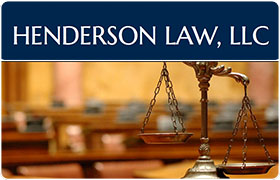Osyka Misdemeanor Lawyer, Mississippi
Sponsored Law Firm
-
 x
x

Click For More Info:
-
Henderson Law, LLC
115 North Cleveland Avenue Brookhaven, MS 39601» view mapDUI, Criminal Defense, Traffic Offenses, Burglary Mississippi Criminal Defense Lawyer
Henderson Law, LLC is committed to helping people overcome the serious effects of being arrested and accused of a crime.
800-939-0830 -
- Contact
- Practice Areas
- Visit:
- Website
- Profile
Not enough matches for Osyka Misdemeanor lawyer.
Below are all Osyka Criminal lawyers.
John J. McNeil
Accident & Injury, Criminal, Divorce & Family Law, Estate, Workers' Compensation
Status: In Good Standing Licensed: 19 Years
Deborah L Benner
Criminal, Government Contract, State Government
Status: In Good Standing Licensed: 32 Years

 Edward Henderson Brookhaven,MS
Edward Henderson Brookhaven,MS About UsEdward Henderson
About UsEdward Henderson Contact UsCall or Email Now!
Contact UsCall or Email Now!
